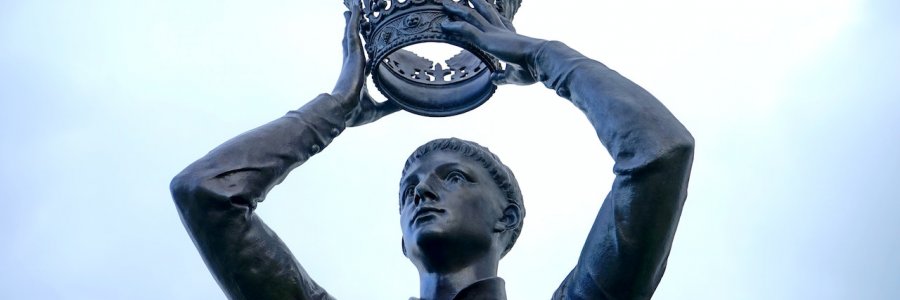‘Therefore go and make disciples of all nations, baptising them in the name of the Father and of the Son and of the Holy Spirit’ (Matthew 28:19)
As Jesus leaves his disciples and ascends into heaven, that is the command he leaves us with. It's the general command for us as we live as Christians: make more disciples. We are to be disciple making disciples.
‘No good tree bears bad fruit, nor does a bad tree bear good fruit. Each tree is recognised by its own fruit. People do not pick figs from thorn-bushes, or grapes from briers.’ (Luke 6:43-44)
We’ve reached the end of Jesus’ sermon, and a pause in our look at Luke’s Gospel. Jesus uses two parables to help us see what it means to follow him. First he goes to gardening: you can tell what a tree it, by what fruit it grows. Later in the passage, he moves to architecture: buildings on the right foundation will stand firm, buildings without a foundation will fall.
Give, and it will be given to you. A good measure, pressed down, shaken together and running over, will be poured into your lap. For with the measure you use, it will be measured to you.’ (Luke 6:38)
How should we treat other people when we think about judgement and mercy? Should we judge other people? What should our mercy look like? What does Jesus say about how to be righteous?
But love your enemies, do good to them, and lend to them without expecting to get anything back. Then your reward will be great, and you will be children of the Most High, because he is kind to the ungrateful and wicked. Be merciful, just as your Father is merciful. (Luke 6:35)
What does it look like to follow Jesus? What can we expect from the Christian life? Is what we think of as the good life the same as God’s? How should we treat other people? How does God treat us?
Photo by Mike Bird
But the Lord said to Samuel, ‘Do not consider his appearance or his height, for I have rejected him. The Lord does not look at the things people look at. People look at the outward appearance, but the Lord looks at the heart.’ (1 Samuel 16:7)
With King Charles’ coronation on the 6th May, we’re going to think about how God chooses a king. What is it that makes a good king? What kind of king do we really want? What kind of king does God provide for us?




